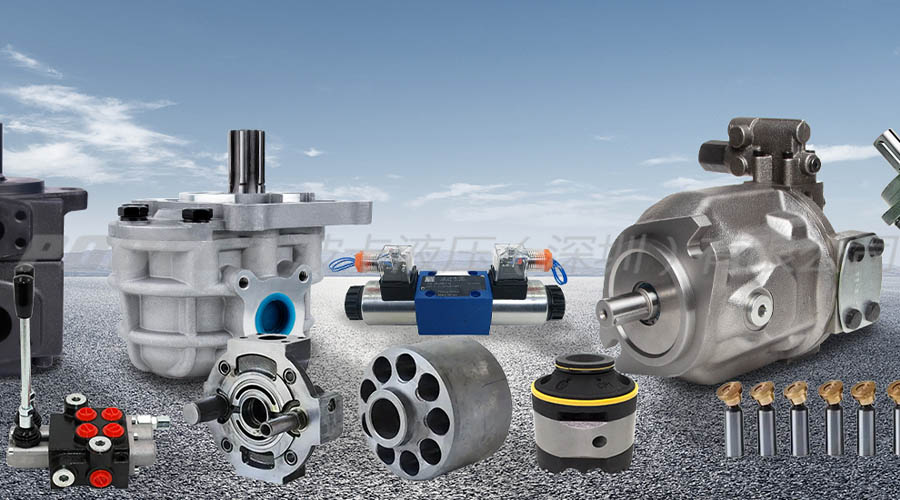In the realm of hydraulic systems, the quest for the ideal pump type remains a vital consideration for efficient operations. The term “best” entails an intricate evaluation, as the choice of a hydraulic pump hinges on various factors, including application requirements, performance expectations, and environmental conditions. This article delves into an in-depth exploration of different hydraulic pump types, dissecting their features, advantages, and limitations.
Key Types of Hydraulic Pumps:
Gear Pumps:
Gear pumps, known for their simplicity and cost-effectiveness, offer a consistent flow. They are suitable for applications with moderate pressure requirements, making them prevalent in industries like material handling and construction equipment.
Vane Pumps:
Vane pumps provide a smooth and quiet operation, making them apt for mobile equipment and industrial machinery. Their versatility enables them to handle a range of fluids and viscosities.
Piston Pumps:
Piston pumps are revered for their high efficiency and capability to manage both high pressure and high flow applications. Axial piston pumps and radial piston pumps each have their unique advantages, catering to specific operational demands.
Factors Influencing the Best Choice:
Application Requirements: The nature of the task at hand plays a pivotal role. Low, medium, or high-pressure scenarios, along with the necessary flow rate, dictate the suitable pump type.
Efficiency: A pump’s efficiency directly impacts energy consumption and overall system performance. Piston pumps generally exhibit higher efficiency levels than gear or vane pumps.
Operational Environment: Factors like temperature variations, humidity, and potential contamination influence the choice. Gear pumps might be favored in less demanding environments, while piston pumps excel in robust conditions.
Noise Level: Noise pollution is a critical consideration, especially in indoor or residential areas. Vane pumps are known for their quieter operation.
Maintenance: Maintenance requirements vary among pump types. Vane pumps often require less maintenance compared to piston pumps, making them attractive for applications with limited downtime.
Cost: Budget constraints are a reality in every industry. Gear pumps, being simpler in design, are usually more economical.
Fluid Compatibility: Different pump types are compatible with different fluids. The type of fluid being pumped influences the selection process.
Space Constraints: The physical size of the pump matters, especially in compact installations. Gear pumps, due to their compact design, may be preferred in such cases.
In conclusion, determining the “best” hydraulic pump type involves a nuanced analysis of application-specific needs, efficiency expectations, operational environment, and budgetary considerations. Each pump type offers distinct advantages, making it crucial to align the selection with the specific requirements of the system. The optimal choice ultimately translates into enhanced system performance, extended equipment lifespan, and cost-effective operations.
Post time: Aug-15-2023






